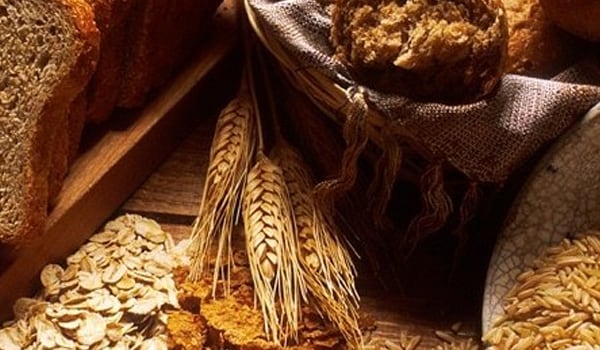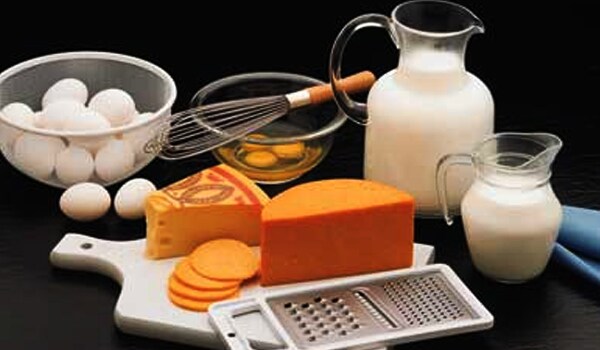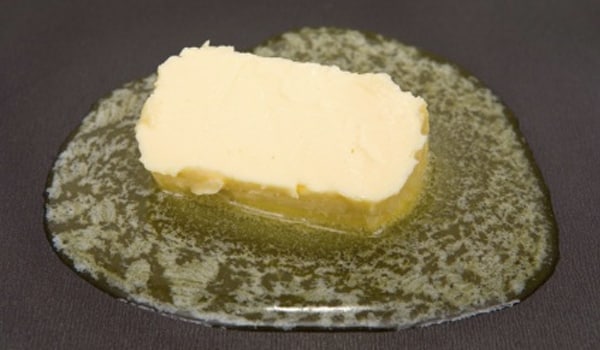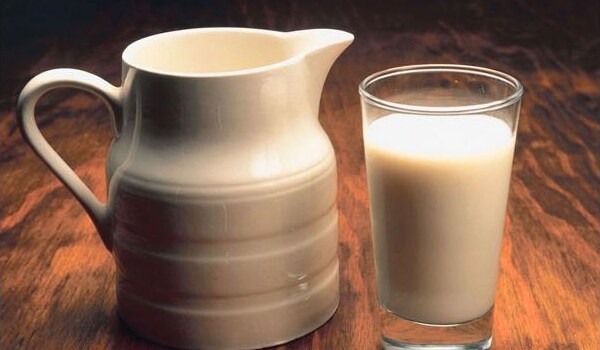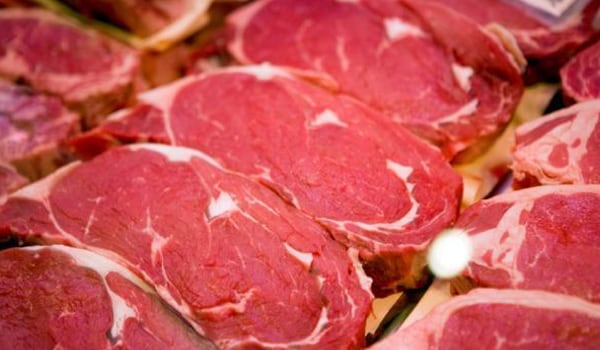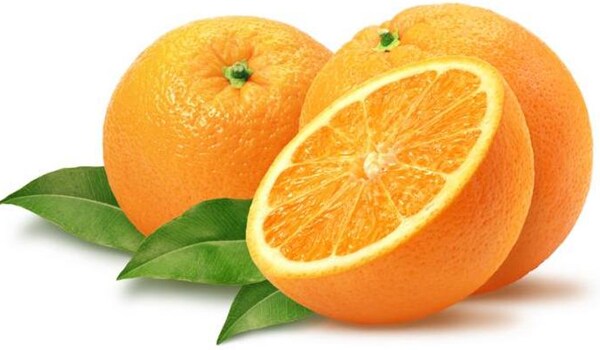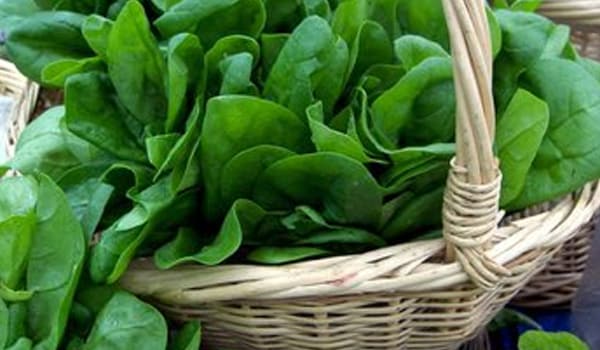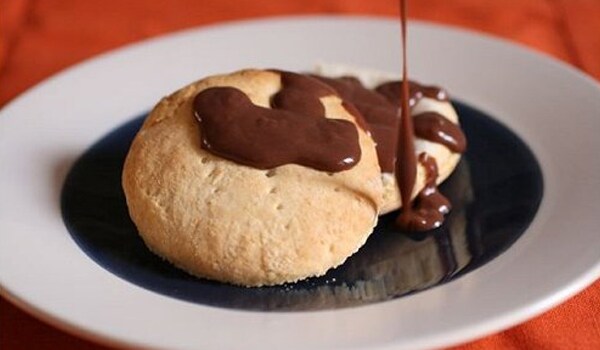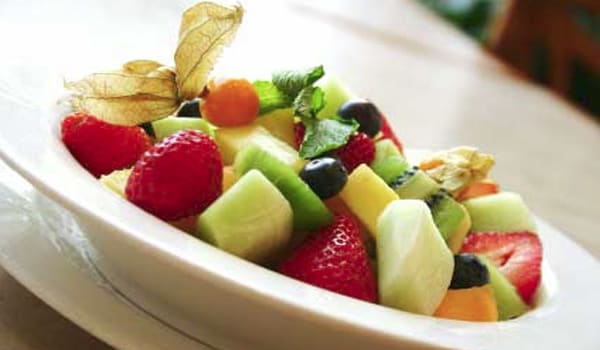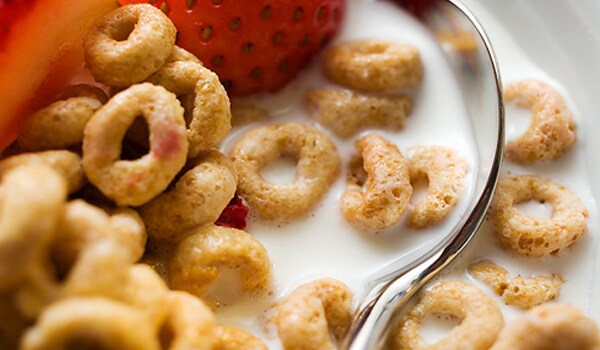Health Photos
-
Carbohydrates can be gained from whole cereals, grains and its products. These foods will also provide adequate fibre and deal with minor issues like constipation and flatulence.
-
Try including eggs, low-fat dairy products preferably milk, cottage cheese and yoghurt, fish, poultry without the skin, lean meats and nuts in a child's diet to get proteins.
-
Encourage your child to drink plenty of water to avoid dehydration as he indulges in any physical activity.
-
Restrict the consumption of hydrogenated oils, butter, margarine, fatty cookies, sweets, cakes, pastries, shell fish, meat, pork, organ meats and egg yolk.
-
Motivate your child to exercise and encourage all kinds of physical activities. Overall, 30 minutes of exercise daily will help remain fit.
-
Milk, cheese, yoghurt, soya beans and nuts are rich in calcium, which is needed for healthy bones and teeth.
-
Meat, particularly red meat and fish are rich sources of iron. Pulses (beans and lentils), green vegetables and fortified cereals are also good sources of iron. Iron is needed for healthy blood flow.
-
Citrus fruit (such as oranges and lemons), tomatoes and potatoes - these are all good sources of vitamin C, which is essential for health. Vitamin C can also help the body to absorb iron, so it's a good idea to give your child some food or drink containing vitamin C, such as a glass of fruit juice.
-
Green vegetables, carrots and apricots are good sources of vitamin A, which is important for good vision and healthy skin.
-
Try to make sure that your child eats snack foods such as cakes, biscuits, chocolate and sweets occasionally or in small amounts.
-
Try giving your child fruits and vegetables as snacks between meals, as well as part of main meals by including salad.
-
Fortified breakfast cereals, margarine and oily fish are rich in vitamin D, which helps ensure a good supply of calcium in the blood and therefore healthy bones.


